Ephesus Home: Complete Guide for an Unforgettable Trip to the Ancient Turkish City
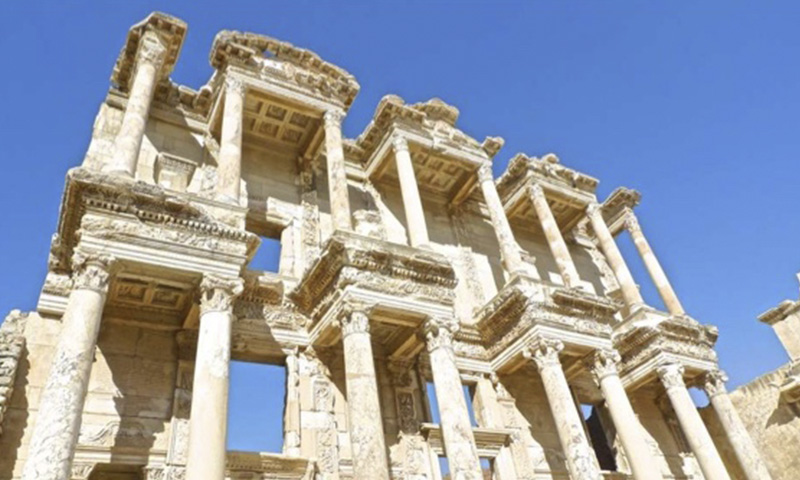
If you’re planning that dream trip to the historic city of Ephesus, you likely have many questions: What currency to use? Where to exchange money? Which language to communicate in? What type of plugs to bring? At VIAURBIS, we provide you with a complete guide to enjoy this Aegean gem without worries.
Why Visit Ephesus?
Ephesus is one of the oldest and most spectacular cities of the Turkish Aegean, known for its beautifully preserved ruins and rich history. It was a key member of the Ionian League and later became part of the Byzantine and Ottoman empires. Today, this archaeological site still boasts incredible architectural marvels from the Greco-Roman era, such as the Library of Celsus, the Great Theater, the Temple of Hadrian, and the Temple of Artemis, the latter considered one of the Seven Wonders of the Ancient World.
The Christian Ephesus and Its Important Religious Connections
Ephesus was a spiritual center in early Christianity. The apostles John and Paul lived here, and it is said that Virgin Mary also spent her last years in this region. Ephesus was the site of important religious councils and meetings, where the foundations of the Christian faith were laid. Ephesus’ Christian legacy is evident, and many pilgrims visit this area to connect with its religious roots.
Exploring the Main Monuments of Ephesus
- Library of Celsus: One of the most iconic buildings in Ephesus, built in honor of Senator Celsus. Its facade is a masterpiece of Roman architecture.
- Great Theater: With a capacity for over 24,000 spectators, this theater is an acoustic and architectural wonder where cultural and religious events took place.
- Temple of Hadrian: This structure was built in honor of Emperor Hadrian and features frescoes and details showcasing life in ancient Ephesus.
- Temple of Artemis: Located on the outskirts of Ephesus, this temple was one of the Seven Wonders of the Ancient World and remains a historical pilgrimage site.
What to See Around Ephesus
The surrounding area of Ephesus also offers must-see destinations:
Izmir
The third-largest city in Turkey, Izmir is close to Ephesus. It combines history with vibrant modern life and is an excellent starting point for exploring the Turkish Aegean.
Kusadasi Port
Kusadasi is a beautiful port city with numerous cruise ships arriving regularly. Its beaches and port make it a perfect spot to relax after a day of exploration in Ephesus.
Selçuk and Ayasuluk Hill
Selçuk, the closest town to Ephesus, is home to fascinating sites such as the Basilica of Saint John, the Ayasuluk Castle, the Isa Bey Mosque, and the House of the Virgin Mary, where many believe she spent her final days.
Practical Tips for Visiting Ephesus
- Currency: The official currency is the Turkish Lira (TRY). It’s best to exchange money at reputable exchange offices in airports or major cities.
- Language: While Turkish is the official language, in tourist areas like Ephesus, many people speak English.
- Electrical Plugs: Turkey uses type F plugs (like in continental Europe). Make sure to bring adapters if you’re coming from countries with a different plug type.
- Etiquette: When visiting religious sites, remember to dress respectfully, especially when entering historic mosques or churches.
- Emergency Number: The emergency number in Turkey is 112. It’s also useful to have your embassy or consulate contact information on hand for unexpected situations.
Experience History in Ephesus
Ephesus is a unique destination favored by thousands of visitors each year, a place that invites you to relive ancient history at every corner of its ruins. Its impressive historical legacy, beautiful landscapes, and religious significance make Ephesus a magical place that should be on every traveler’s list when visiting Turkey.
With Viaurbis, you can discover this ancient city through guided tours and special excursions. Don’t miss the chance to immerse yourself in the millennial history of Ephesus and its surrounding treasures.

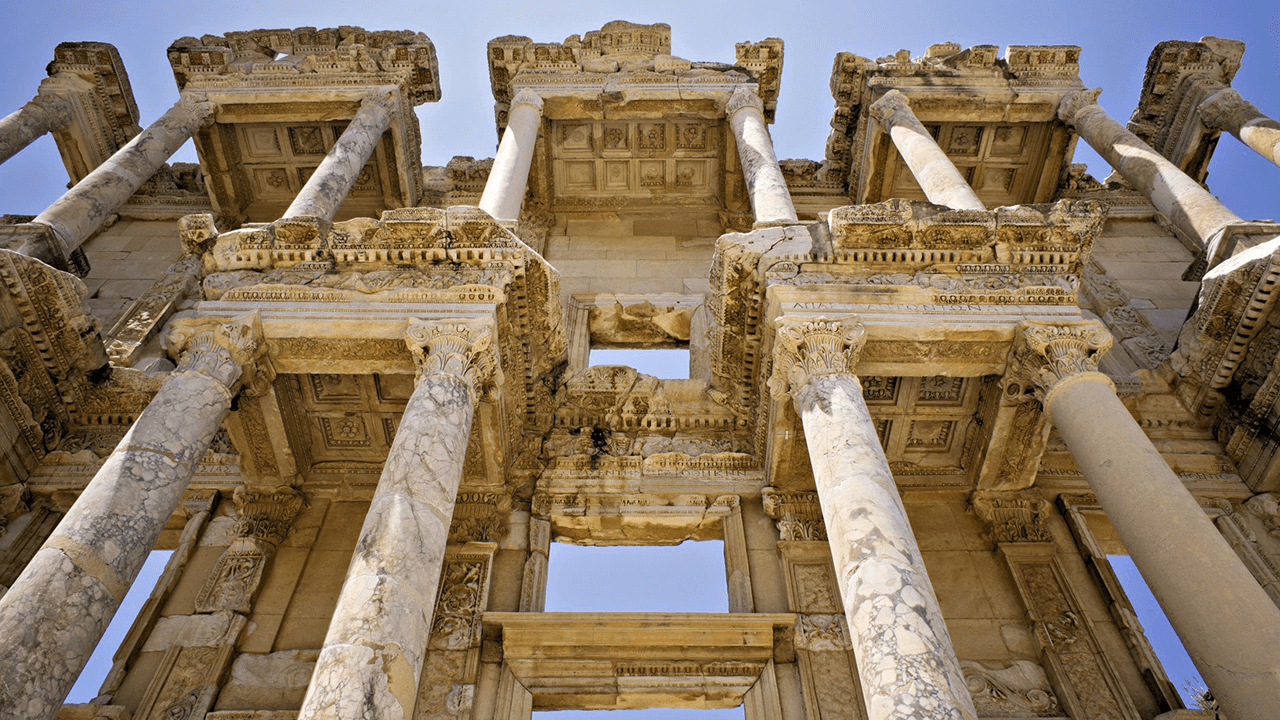
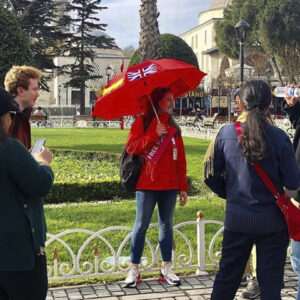




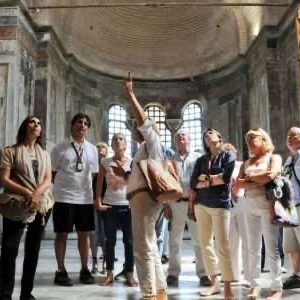

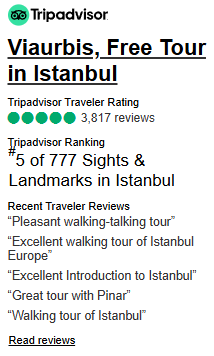
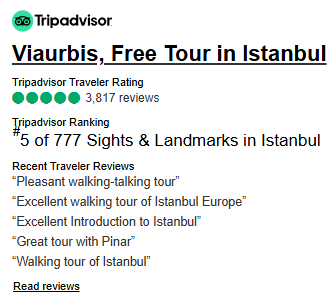



3 thoughts on “Ephesus Home”
★★★★★
Exploring ‘Ephesus Home’ exceeded all my expectations. A perfect combination of culture, beauty, and knowledge.
★★★★★
Highly recommend visiting ‘Ephesus Home’—a site rich with history and unparalleled beauty.
★★★★★
Looking for an authentic and enriching experience? ‘Ephesus Home’ is the place to be! Absolutely worth the visit.